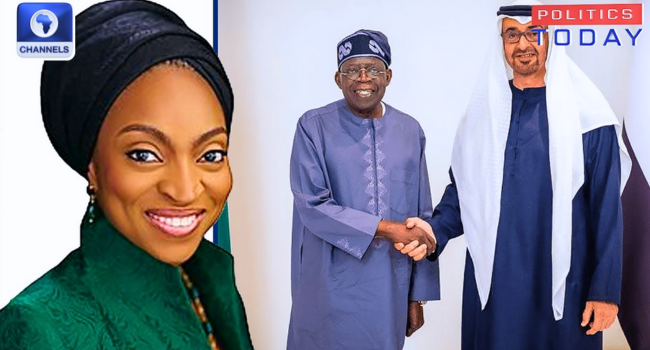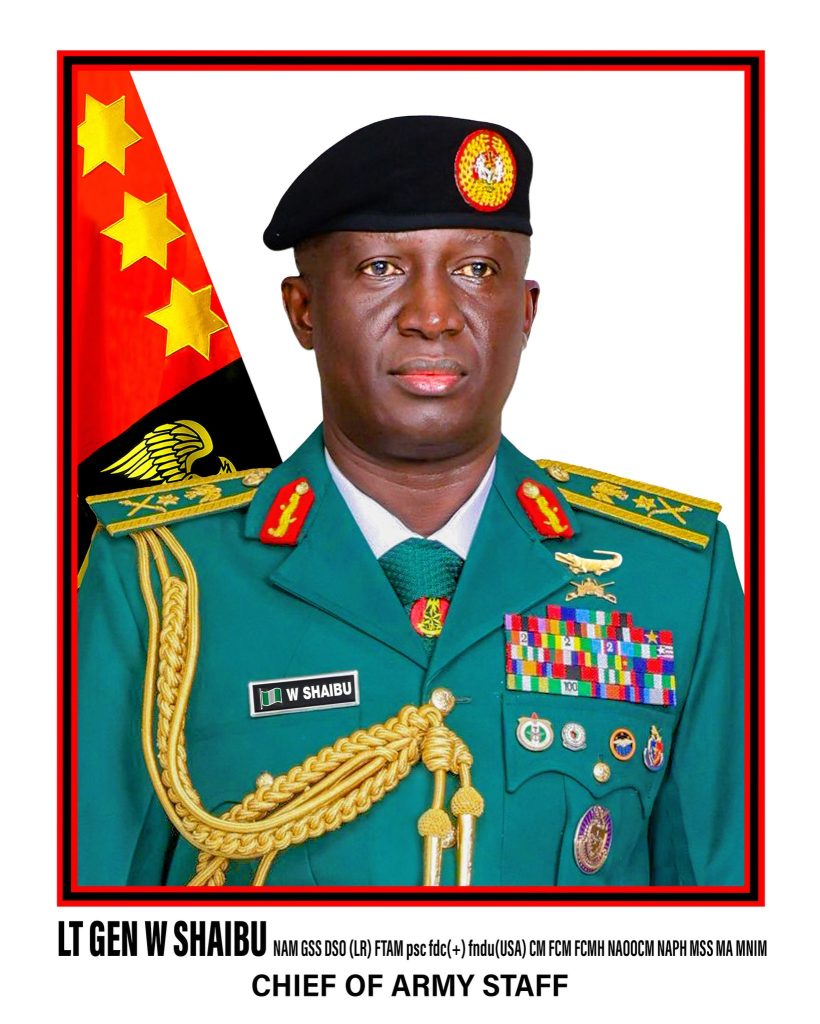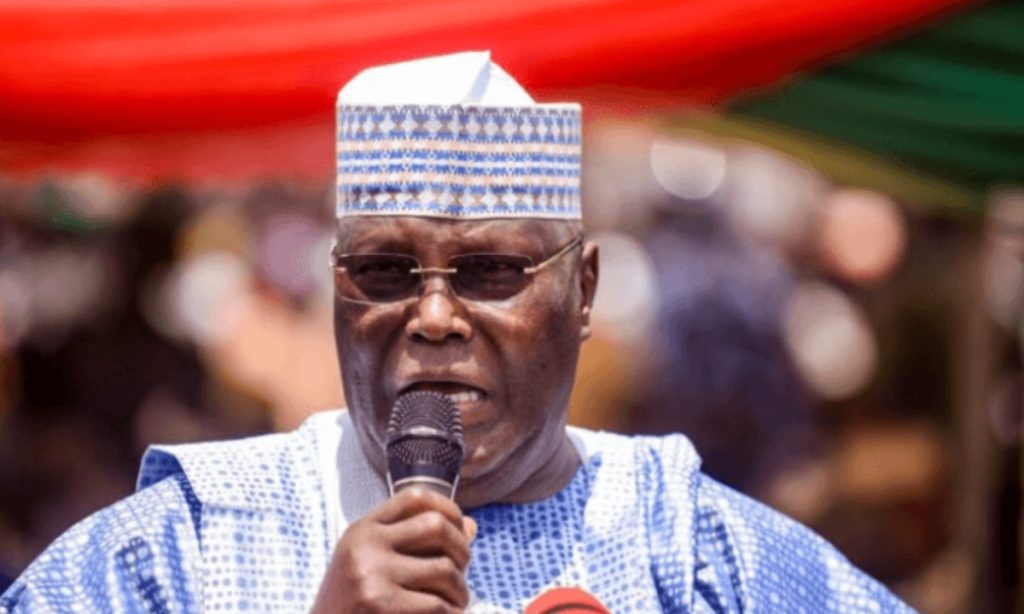In the aftermath of the 2023 Presidential Election, Prince Adewole Adebayo, one of the contenders from the Social Democratic Party (SDP), has voiced his concerns about the conduct of politicians during electoral processes. In an exclusive interview with Media Talk Africa, he delves into a range of issues, shedding light on the politicians’ motivation to seek power rather than justice. He also emphasizes the urgent need for electoral reform, the appointment of judges, and the role of technicalities in legal proceedings.
Reflecting on the time it took for the Supreme Court to render its verdict, Adebayo acknowledges that while there has been some improvement, there is still room for further streamlining of the electoral process. He proposes a swift conclusion to all legal cases before the swearing-in of winners to avoid any perception of bias. Drawing inspiration from other countries where only a fraction of the elections end up in court, he urges Nigeria to strive for a similar outcome.
Adebayo highlights three key areas for improvement, with a particular focus on the role of politicians. He calls for comprehensive legal reforms, acknowledging the challenge of securing political and legislative support for such reforms. He emphasizes that the judiciary, unlike politicians, is committed to upholding the law and ensuring justice prevails.
Expanding on the motives behind politicians’ engagement with the court process, Adebayo states that their primary goal is not justice but the acquisition of power. He explains that politicians perceive the court as a means to further their interests and gain a strategic advantage. However, he emphasizes that courts are designed to deliver justice, not power, and this disconnect often leads to dissatisfaction.
Addressing misconceptions regarding the role of the court, Adebayo clarifies that the court’s objective is to adjudicate on the petitions presented before it. It does not have jurisdiction over the overall conduct of the election or the actions of the Independent National Electoral Commission (INEC). Therefore, judgments are based solely on the merits of the petitions brought before the court.
Responding to criticisms that the Supreme Court gives undue importance to technicalities, Adebayo provides a nuanced perspective. He explains that election matters are inherently technical due to the unique nature of electoral processes. The court’s role is to consider both substantive and technical issues raised in the petitions. He cites examples where the Supreme Court’s decisions were based on technical grounds that impacted the outcome of the election.
Sharing his views on the Supreme Court’s recent ruling regarding the 25% requirement for the Federal Capital Territory (FCT), Adebayo highlights that the court was guided by existing INEC decisions and reiterated their stance. He cautions that despite the ruling, such issues may resurface in the future.
In response to questions about the effectiveness of court rulings, Adebayo underlines the need for politicians to seek power through honorable means rather than relying on court judgments. He emphasizes the importance of clean elections and encourages political parties to establish robust mechanisms, including having agents at every polling unit to ensure accurate collation of results.
Commenting on retired Justice Musa Muhammed Datijo’s allegations regarding the administrative aspects of the judiciary, Adebayo emphasizes that while the allegations may be surprising to the public, they are not unexpected by those familiar with Justice Datijo. He points out the inherent challenges in the relationship between senior lawyers and judges in terms of judicial administration and remuneration.
Responding to the perception that the judiciary lacks adequate representation, Adebayo notes that the power dynamics within the judicial system require a more liberal approach to leadership. He suggests reviewing the concentration of power and privilege to ensure fair representation.
Addressing the issue of dwindling numbers of justices in the Supreme Court due to retirements and deaths, Adebayo highlights the dual responsibility of the judiciary and the president in appointments. He explains that while the judiciary can recommend suitable candidates, ultimately, the president has the authority to make appointments. Adebayo suggests a gradual process starting with the Court of Appeal to promote judicial experience and expertise.



